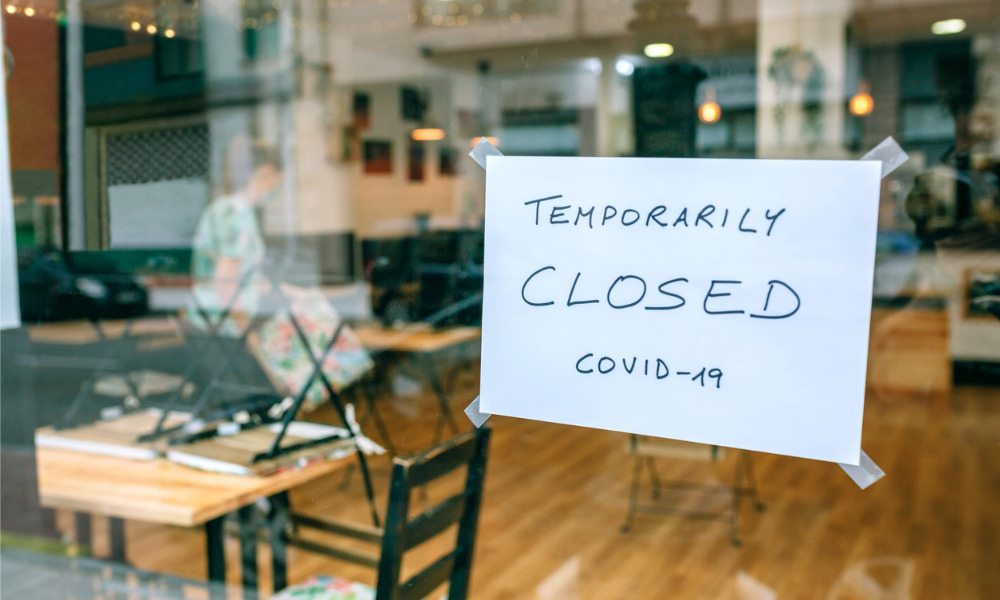
Businesses left reeling after stay-at-home direction

Four Sydney suburbs have been locked down after the COVID-19 outbreak grew significantly overnight.
The LGAs of Waverly, Woollahra, Randwick and City of Sydney have been issued with stay-at-home orders for a week after 22 new locally acquired cases. The total number of cases linked to the Bondi outbreak is now at 65. Even those who work in those suburbs, but live elsewhere, have been told they must abide by the lockdown rules.
It comes after a number of cases where infectious employees working in high-risk areas in the Eastern Suburbs have then unknowingly spread the virus to other parts of Sydney. The majority of the cases are linked, with the Delta variant of the virus transmitting easily between both household contacts and those who simply pass each other in a shopping centre.
A salon in Double Bay has been identified as the latest seeding event, with three employees and two clients now affected. Dr Kerry Chant warned all 900 or so clients who attended that salon over the past two weeks could now be at risk. The list of exposure sites has expanded vastly overnight, with cafes in Potts Point and Bondi Beach now places of concern.
Any non-essential businesses like gyms, salons and restaurants in the four areas are expected to close, which will come as a devastating blow for the local economy.
NSW Premier Gladys Berejiklian said this morning: "Unfortunately, unless you're providing essential food and services — that is take away food and services or grocery services of that nature, we don't expect those businesses to remain open in the next week.
"Now, I appreciate this is a blow for businesses in those communities.
"But we've been able to limit it to those four Local Government Areas and that is our intention."
For residents or employees in those LGAs, there are now only five reasons to leave home.